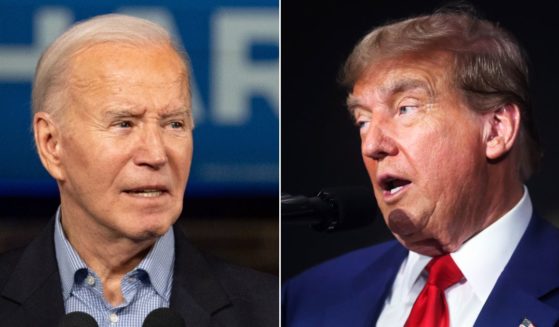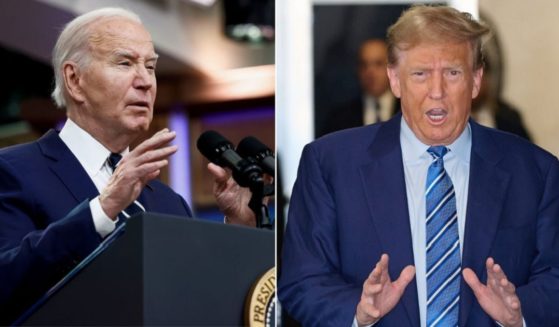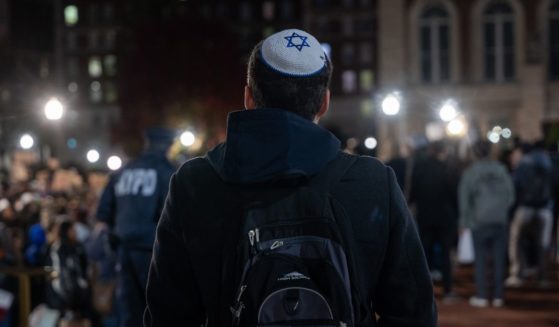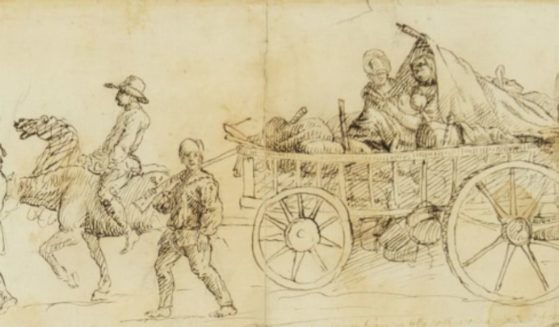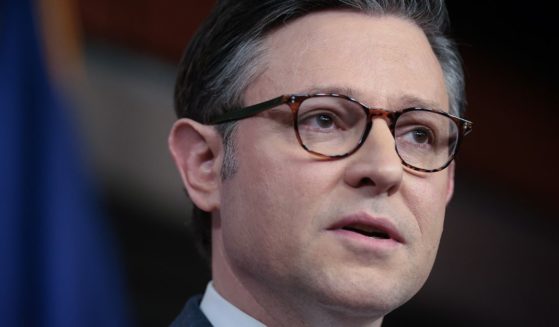Nicaraguan bank sanctioned by US shuts down
MANAGUA, Nicaragua (AP) — A Nicaraguan bank close to President Daniel Ortega’s government has shut down after the United States imposed sanctions for alleged financial misdeeds on behalf of Venezuela’s state-owned oil company.
Eduardo Holmann Chamorro, one of Bancorp’s three directors, told The Associated Press late Wednesday that the country’s superintendent for banks and financial institutions had accepted the bank’s request for a “voluntary dissolution.”
“Unfortunately Bancorp disappears and 106 employees are out in the street,” Holmann said.
He said Bancorp was solvent and deposits would be returned to its clients. A committee has been formed to oversee the liquidation and make sure employees are paid, he added.
The banking agency did not confirm Bancorp’s dissolution.
U.S. national security adviser John Bolton announced new sanctions against the bank last week, calling it a “slush fund” for Ortega, who has been facing anti-government protests for a year. The U.S. had already sanctioned the bank for its ties to Venezuela.
Bancorp was created in 2014 to handle money of Nicaraguan companies started with Venezuelan money. It was started by Alba de Nicaragua (Albanisa), a consortium of companies managed by Ortega loyalists that was created through an oil agreement signed between Venezuela and Nicaragua seven years earlier. Venezuela’s state oil company, known as PDVSA, holds a 51% stake in Albanisa, while Nicaragua’s state oil company Petronic owns 49%.
Bancorp published a statement this week on its website saying Albanisa had not been a client since February. It described itself as a private bank that did not work with Venezuelan entities.
In targeting Bancorp, the U.S. Treasury cited the bank for “its role in the corruption and money laundering for the benefit of people in the Ortega regime.” It blocked Bancorp from the U.S. financial markets, making it impossible for the bank to operate.
Holmann said Bancorp had been “demonized” and he charged that it was being isolated by other Nicaraguan banks even before the U.S. imposed sanctions.
“The bankers didn’t want Bancorp around. It was a hair in the soup,” said Holmann, a businessman with long ties to Ortega’s Sandinista party. Holmann was mayor of the beach destination San Juan del Sur from 2004 to 2008.
In March, Nicaragua’s parliament approved the government’s purchase of Bancorp’s shares for $22.8 million to create a new entity, National Bank, but Holmann said the transaction was never completed.
“The state pulled out of the deal. There’s a lot of pressure,” he said.
José Adán Aguerri, president of the country’s Superior Council of Private Business, said Washington’s sanctions likely kept Ortega from creating a state bank with Bancorp’s funds, which he said could have endangered other institutions, including the Central Bank.
The Western Journal has not reviewed this Associated Press story prior to publication. Therefore, it may contain editorial bias or may in some other way not meet our normal editorial standards. It is provided to our readers as a service from The Western Journal.
Truth and Accuracy
We are committed to truth and accuracy in all of our journalism. Read our editorial standards.






